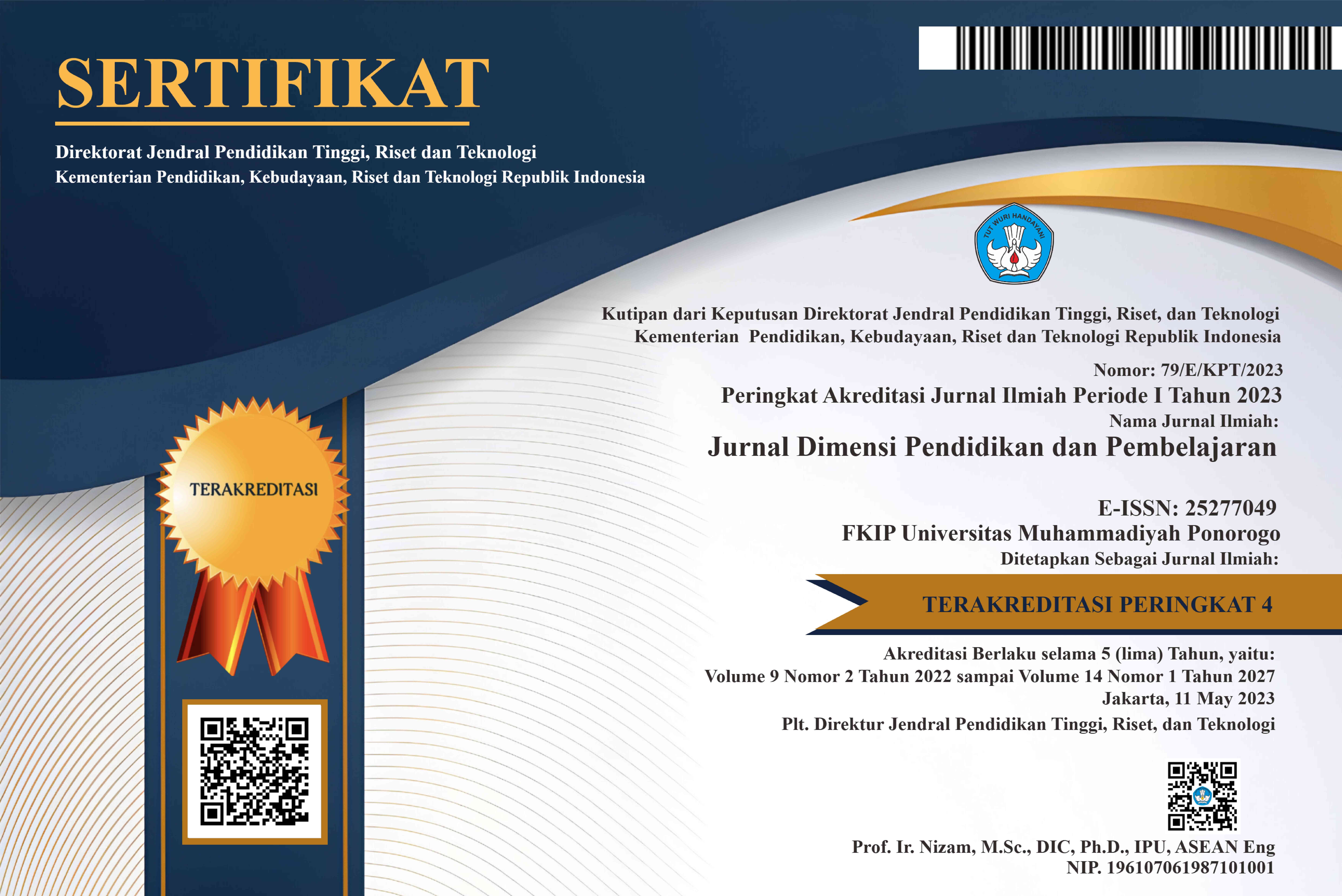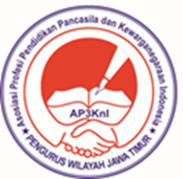Implementation of Deep Learning in Mathematics Education at MTs:
An Impact Analysis on Student Engagement and Conceptual Understanding
DOI:
https://doi.org/10.24269/dpp.v13i2.12489Abstract
Many students struggle to grasp mathematical concepts due to conventional, rote-based learning approaches. Furthermore, teachers are often limited in integrating modern learning technologies such as deep learning due to a lack of knowledge and infrastructure. This Community Service activity emerged in response to these challenges, encouraging the transformation of mathematics education through a technology-based deep learning approach. This research aims to introduce and implement deep learning in mathematics instruction at MTs (Islamic junior high school), focusing on increasing in-depth understanding, student engagement, and teacher readiness to use innovative learning approaches. This research used a qualitative approach with a community service approach. Data collection techniques included participant observation, in-depth interviews with teachers and students, and documentation of activities. Data were analyzed thematically to identify patterns and meanings from participants' experiences during the program. The results showed a significant increase in student engagement and confidence in solving mathematics problems. Teachers said the deep learning approach helped them design meaningful and engaging lessons. Students became more active in discussions, more easily grasped abstract concepts, and demonstrated higher learning motivation. Furthermore, several teachers have begun integrating project-based learning and reflection into their mathematics classrooms. These findings demonstrate that deep learning is not just a trend, but a relevant and practical approach to improving the quality of mathematics learning in MTs (Islamic junior high school). The results of this research will form the basis for developing deep learning-based learning modules that can be used across schools.
Downloads
Published
Issue
Section
License
Copyright (c) 2025 Dwi Avita Nurhidayah, Sutrisno Sutrisno, Arta Ekayanti

This work is licensed under a Creative Commons Attribution 4.0 International License.
Copyright
Authors who publish their manuscripts in this journal agree to the following terms:
- The copyright on each article belongs to the author.
- The author acknowledges that Jurnal Dimensi Pendidikan dan Pembelajaran has the right to be the first to publish under a Creative Commons Attribution 4.0 International (Attribution 4.0 International CC BY 4.0) license.
- Authors may submit articles separately, arranging for the non-exclusive distribution of manuscripts that have been published in this journal to other versions (e.g., sent to the author's institutional repository, publication into books, etc.), acknowledging that the manuscript was first published in the Jurnal Dimensi Pendidikan dan Pembelajaran.
Â
License
Use of the article will be governed by the Creative Commons Attribution license as currently published under the Creative Commons Attribution 4.0 International License (Attribution 4.0 International (CC BY 4.0).
Â
This license permits anyone to copy and redistribute this material in any form or format, compose, modify, and make derivatives of this material for any purpose, including commercial purposes, as long as they give credit to the author for the original work.


_001.jpg)



